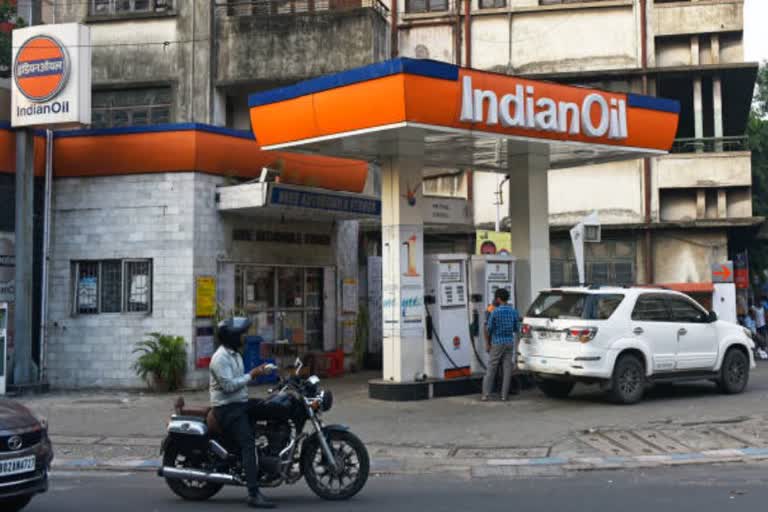New Delhi:Indian Oil Corp (IOC), the nation's biggest oil firm, has begun the supply of the world's cleanest petrol and diesel across the country with all its 28,000 petrol pumps dispensing ultra-low sulphur fuel a good two weeks before the April 1 deadline.
"We have successfully rolled out the supply of BS-VI grade fuel across the country," IOC Chairman Sanjiv Singh said.
"All our 28,000 petrol pumps across the country are dispensing BS-VI grade fuel for more than a week now."
Other fuel retailers, Bharat Petroleum Corp Ltd (BPCL) and Hindustan Petroleum Corp Ltd (HPCL), are also progressively supplying BS-VI grade fuel and the entire country will switch to the cleanest fuel within this week.
The government had set April 1 as the deadline for starting supply of Euro-VI emission compliant fuels. With this India joins the select league of nations using petrol and diesel containing just 10 parts per million of sulphur in an attempt to cut vehicular emissions that are said to be one of the reasons for the choking pollution in major cities.
"We have leapfrogged from BS-IV (equivalent to Euro-VI grade fuel) straight to BS-VI in just three years," the IOC chairman said adding this is an achievement not seen in any large economies around the globe.
Singh, whose firm controls roughly half of the country's fuel market, said almost all the company's refineries began producing ultra-low sulphur BS-VI (equivalent to Euro-VI grade) petrol and diesel by the end of 2019 and thereafter the mammoth exercise was undertaken to replace every drop of fuel in the country with the new one.
"We have achieved the switchover without a single disruption," he said.
This comes at a time when the nation battling outbreak of coronavirus imposed restrictions and states declared part lockdowns.
Read more:Govt caps maximum retail price of 200ml hand sanitizer at Rs 100 till June
India adopted Euro-III equivalent (or Bharat Stage-III) fuel with a sulphur content of 350 ppm in 2010 and then took seven years to move to BS-IV that had a sulphur content of 50 ppm. From BS-IV to BS-VI it took just three years.
"It was a conscious decision to leapfrog to BS-VI as first upgrading to BS-V and then shifting to BS-VI would have prolonged the journey to 4 to 6 years. Besides, oil refineries, as well as automobile manufacturers, would have had to make investments twice - first to producing BS-V grade fuel and engines and then BS-VI ones," he said.
